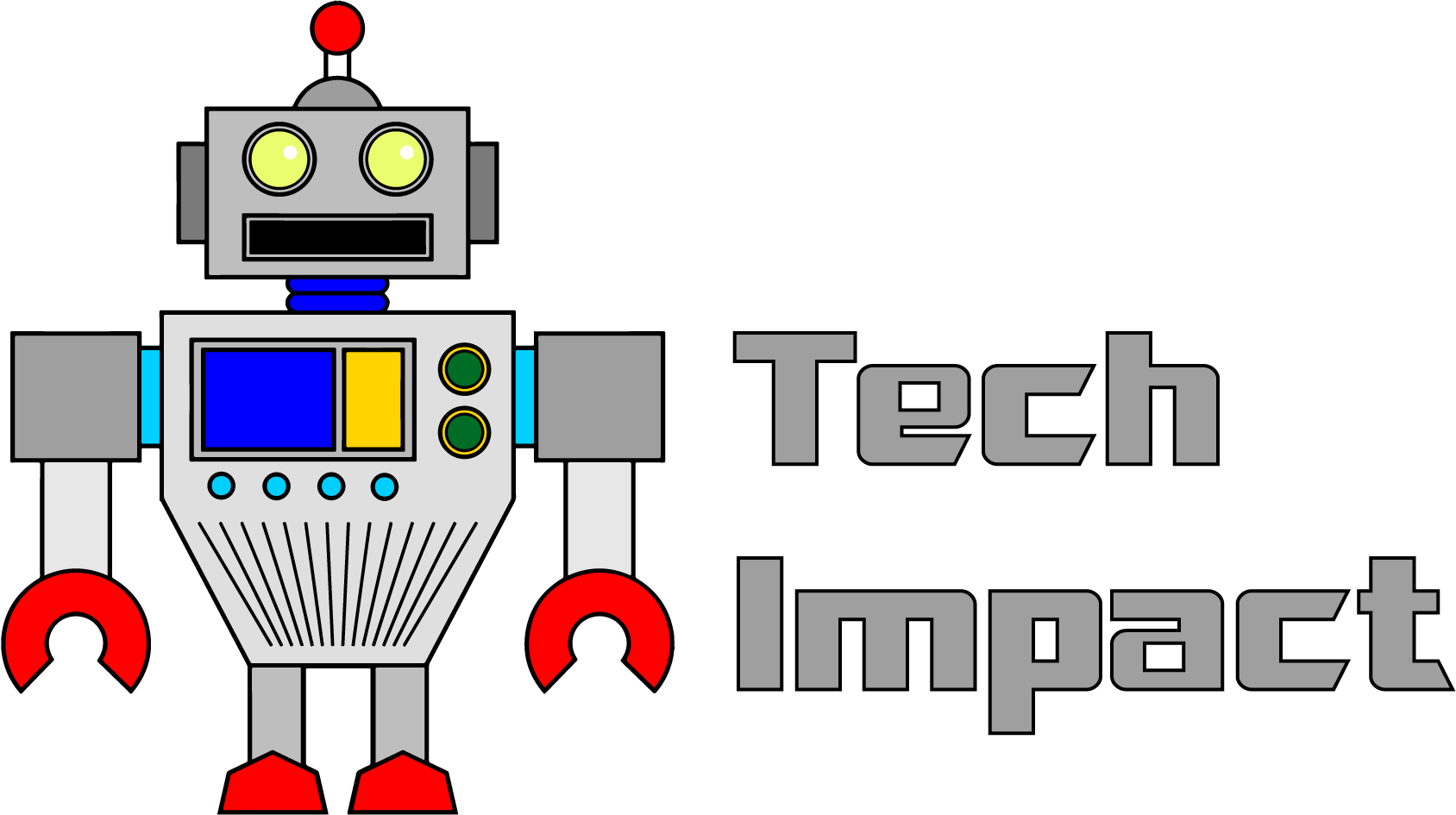INDUSTRY – TRANSPORT: GENERAL
INTRODUCTION
Converging technologies are in the process of completely transforming all aspects of 6 industries – retail, transport, manufacturing, finance, construction, and health – with a significant reduction in the need for human labor. Here is the impact on the Transport Industry:
- The return of electric-motorized vehicles (invented in 1884; by the early 1900s, nearly 40% of American cars were electric) will decimate the current car industry infrastructure (dealers, maintenance and repair, gas stations). Nearly 20 major countries have stated their intent to phase out internal combustion engines. This includes new car sales for China (which has 40 electric car manufacturers); and by 2025 in Norway; 2030 in Denmark, Sweden, and Israel; 2035 in the UK; and 2040 in France and Singapore.
- The development of autonomous vehicles (cars, buses, trucks, trains, ships, and aircraft) will increase travel safety, while not requiring human control.
- Vehicle sharing/renting (Uber, Lyft), now known as TAAS (Transportation As A Service), will reduce car ownership, especially in cities, which will reduce the need for parking spaces, freeing up large areas for pedestrian traffic. Garages will be turned into mini-apartments.
- High-speed inter-city travel (via trains or hyperloop tunnels) will enable long distance commuting.
- The time for Inter-continental travel will also be greatly reduced (hyperloop, space travel).
- Flying taxis will start operating in a few cities world-wide in 2020.
- Elon Musk has innovative businesses involving many of the above: Tesla (autonomous electric vehicles), Solar City (batteries), The Boring Company (tunnels for hyperloop travel), Space X (hyperloop, inter-continental travel).
The technologies involved in the above include electric motors, energy storage (electric car batteries), AI (autonomous operation), hyperloop (inter-city travel), drones (flying taxis), reusable space shuttles (inter-continental travel), virtual reality (travel booking)..
The number of jobs in the Transport Industry will be significantly reduced:
- Autonomous operation will eliminate the need for truck drivers and couriers (including pizza delivery drivers), and reduce the need for ship crews and aircraft pilots.
- Electric cars will reduce the need for car salespeople, distributorships, and mechanics.
LEARN FROM THESE YOUTUBE VIDEOS
REVIEW THESE INFORMATIVE ARTICLES – AND READ THOSE THAT INTEREST YOU
AUTOMAKERS HAVE ALREADY BEGUN TO ABOLISH THE INTERNAL COMBUSTION ENGINE (Electric Vehicles - 2020-12 - EnGadget)
In 2020, nearly every major manufacturer’s brand group announced or debuted new electric vehicles.
Autonomous pothole-repairing robots planned for Britain's streets in 2021 (Road Repair/Robotics - 2020-10 - Daily Mail)
A spin-out company from the University of Liverpool called Robotiz3d is using AI to identify small cracks in the road and cover them with asphalt. The electric, self-driving bots, which look like a cross between a tank and a road roller, will offer a cost-effective fix for the UK’s pothole problem.
SEATTLE'S FIRST ROBOTIC PARKING GARAGE OPENS (Garages/Robotics - 2020-09 - KUOW)
You park your car on a platform, punch in a code, and it is moved down to a transfer floor. Robotic trolleys carry your car to a central lift, which moves it down to one of multiple floors, each with a trolly system, to park it in a slot (and retrieve it when needed).
How drones and aerial vehicles could change cities (Urban Use/Drone - 2020-07 - Singularity Hub)
Drones and air taxis will soon create new means of mobility and transport routes. Drones will be used for surveillance, delivery, and for construction. Drones and other aerial vehicles will require landing pads, charging points, and drone ports. They could usher in new styles of building, and lead to more sustainable design.
Petrol and diesel car sales ban brought forward to 2035 (Electric Cars - 2020-02 - BBC)
A ban on selling new petrol, diesel or hybrid cars and vans in the UK will be brought forward from 2040 to 2035 at the latest to achieve its target of emitting virtually zero carbon by 2050.
Within 10 Years, we’ll travel by Hyperloop, rockets, and avatars (Hyperloop, Robotics - 2019-11 - Singularity Hub)
Hyperloop is currently working towards 670 mph passenger pods, capable of zipping us from Los Angeles to downtown Las Vegas in under 30 minutes. Rocket travel (think SpaceX’s Starship) promises to deliver you almost anywhere on the planet in under an hour. And the emergence of “robotic avatars” will all but nullify the concept of distance, replacing human travel with immediate remote telepresence.
5 coming breakthroughs in energy and transportation in the next 5 years (2019-05 - Singularity Hub)
First “1 cent per kWh” deals for solar and wind signed; Solar and wind will reach >15 percent of US electricity, and begin to drive all growth; It will be cheaper to build new solar/wind/batteries than to run on existing coal; ICE car sales have now peaked, and all car sales growth will be electric; New storage technologies will displace Li-ion batteries for tomorrow’s most demanding applications.
Over 1 million electric cars sold in the U.S. (Transport/Electric cars- 2018-12 - ScienceBlog)
2017 worldwide sales of plug-in electric vehicles were 1,227,117 with U.S. sales of 199,826 (+26% over 2016). For Jan-Nov 2018, U.S. sales were 312,877 (+80%).
Walmart to track lettuce from farm to store, using a blockchain (Transport/Supply Chain- 2018-09 - The Next Web)
Walmart is asking all its leafy greens suppliers to get on blockchain by October 2019. With instances of E. coli on the rise, using a blockchain to track and trace products from source to customer will enable diseased produce to be identified and destroyed.
Gita will carry your stuff and follow you everywhere (Transport/Personal- 2018-08 - Entrepreneur)
Designed to transport items, Gita is a blue 26″ ball-shaped robot that features 2 wheels, a hard shell, and several cameras and sensors. A human wears an electronic belt to guide it, but Gita can also roll autonomously in a pre-mapped area. Gita can carry up to 40 lbs, and travel at 22 mph.
Almonds sent from Australia to Germany in a blockchain-based supply chain trial (Transport/Supply Chain- 2018-07 - ZDNet)
The Commonwealth Bank of Australia has successfully completed a global trade experiment, shipping 17 tons of almonds to Germany, tracked via blockchain.
The new commute: How driverless cars, hyperloop, and drones will change our travel plans (Transport- 2018-06 - TechRepublic)
This lengthy article examines the impact of current transport technologies, including: Connected and Autonomous Vehicles; Delivery Drones; Flying Taxis; Hyperloop; and Smart Cities.
IBM And Maersk start blockchain supply chain company, to be operational 3Q2018 (Blockchain/Shipping - 2018-01 - CoinTelegraph)
IBM and Danish transport and logistics company Maersk are creating a shipping and supply chain company to commercialize Blockchain for all aspects of the global supply chain system, from shipping to ports, and banks to customs offices. Delivery is expected for 3Q2018.
KEEP INFORMED ABOUT TECHNOLOGIES IMPACTING JOBS
Subscribe to our free monthly newsletter
Terms & Conditions | Privacy Policy | Contact Us | About Us | Testimonials | Search | Home © Ronnick Enterprises 2019, 2020, 2021


